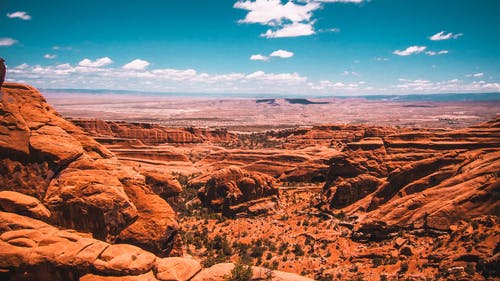Those suffering the long-term trauma of California’s gas leak don’t feel the gas company’s $1.8 billion settlement offer is enough.
Southern California Gas Company is offering $1.8 billion settlement for the Aliso Canyon gas leak. Some are happy about it, while others are not so satisfied. Current and former Porter Ranch area resident say their fears far outweigh any financial remedy they might receive and believe a dollar amount can’t be placed on the trauma caused in the aftermath.
Exposure to a gas leak can cause severe, and sometimes deadly, symptoms including sickness, weakness, nausea, suffocation, and headaches, warns WebMd. It can lead to longer term diseases, including cancer.
“I still have nightmares. I still feel the moment I felt the gas was coming out,” says Kyoko Hibino, a Porter Ranch resident and a co-founder of local activist organization Save Porter Ranch.“It’s like the whole trauma stays.”
Hibino suffers from a myriad of physical symptoms, like many others who were exposed to the leak, including headaches, nosebleeds and frequent nausea. In 2020, she was diagnosed with cancer.

State Senator Henry Stern (D-Calabasas) stated, “There were a lot of heavy metals that erupted out of that field all over the north San Fernando Valley. When you’re dealing with things like barium and benzene, the long-term effects are inevitable.” He has heard many stories similar to Hibino’s from residents who live near the canyon and doesn’t believe the settlement is enough to undo the damaged caused by the leak. He is educating others on what would happen should they sign off on the settlement agreement.
“By signing off, you take compensation for your individual injuries. But the larger injury to the community and the largest social issue of whether we’re going to be dependent on gas in Los Angeles – I don’t think is dealt with in that class-action suit. We don’t deal with any of the long-term issues of whether it’s safe to just run a bunch of gas plants in our backyard.”
SoCalGas also doesn’t have to admit to any wrongdoing should residents sign off on the deal. “Here’s about $1 billion, but we admit no fault,” Stern said sarcastically, adding, “They want to fill [the canyon] up [with gas] again because it’s a very valuable asset to the gas company. They, even during the heart of the leak, were installing hundreds of millions of dollars-worth of high-compression equipment out there to make good on their investment. It’s in their interest to still use it because their shareholders’ money is in it.”
Instead of closing the site, the California Public Utility Commission (CPUC) might opt to double the gas storage capacity by twofold. The CPUC explained in its bids to do so that “upping the amount of natural gas stored at the Aliso Canyon facility is critical to help Southern California make it through the coming winter months because the locally produced natural gas would reliably ensure there are enough supplies for Southern California residents while keeping prices relatively low.”
CPUC Commissioner Commissioner Guzman Aceves also said the expansion of the gas storage would be only a temporary solution, stating, “It will allow us to get through this winter while we continue our progress toward planning how to reduce or eliminate our use of Aliso Canyon by 2027 or 2035, or anytime in between.”
California, however, is committed to 100% renewable energy by 2045, and 2027 is not soon enough according to Senator Stern. “This is really, to me, the first real test of our commitment to a fossil free future, and we’ve got to push that envelope.”
Sources:
$1.8 billion settlement for Aliso Canyon gas leak isn’t good enough, victims say


Join the conversation!